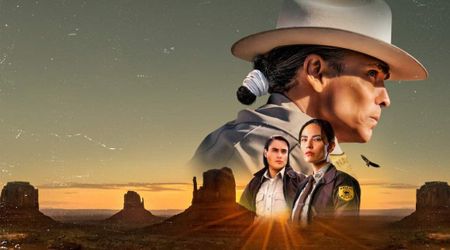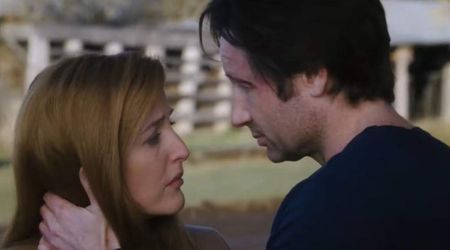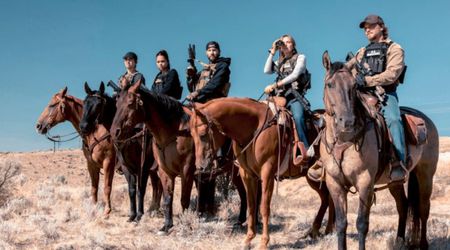'Enslaved' Episode 4 Review: Fractals, music and food are just some of the African legacies in the New World

The latest episode picks up on the hopeful note on which Episode 3 ended, with the stories of the slaves who escaped and set up Maroon settlements in Suriname, preserving their culture and rituals, unchanged to the present day. In this episode, we see the wealth of culture and indigenous knowledge that enslaved Africans brought with them, from the smallest seeds braided in their hair to seeding a way of ordering their world that we rely on even today.
We see, despite the horrific disruption caused by the Atlantic slave trade, the fruits and flowers of these "interrupted" cultures from communities across Africa sprouted not only in America but also communities in South America, the Caribbean and West Indies.
The most intriguing and less known contributions of African culture to World civilization comes when we explore the Lalibela churches of Ethiopia that are marvels of fractal geometry. We find out that fractal geometry — that manifestation of cosmic design that is embedded in the very fabric of reality — is the key to unlocking African design and knowledge too. From the way village settlements were structured to how fabrics were woven, fractals are deeply embedded in African culture.

Another less known aspect this episode sheds light on is how a form of divination that resembles the binary code of 0s and 1s that underline computer language, as we know it, was a system that was transported to Europe in the 12th century by alchemists and was refined successively over the years to evolve modern computing. Ron Eglash, an expert on the subject, talks us through these concepts and expounds on one very interesting idea.
While the West was obsessed with imposing order from above, harshly and often with great damage, African cultures explored order that emerged from the bottom-up, organically, such as the binary code and fractals. Both were systems of ordering and seeing the world that relied upon close observation of nature and hoe order naturally emerged in the cosmos.
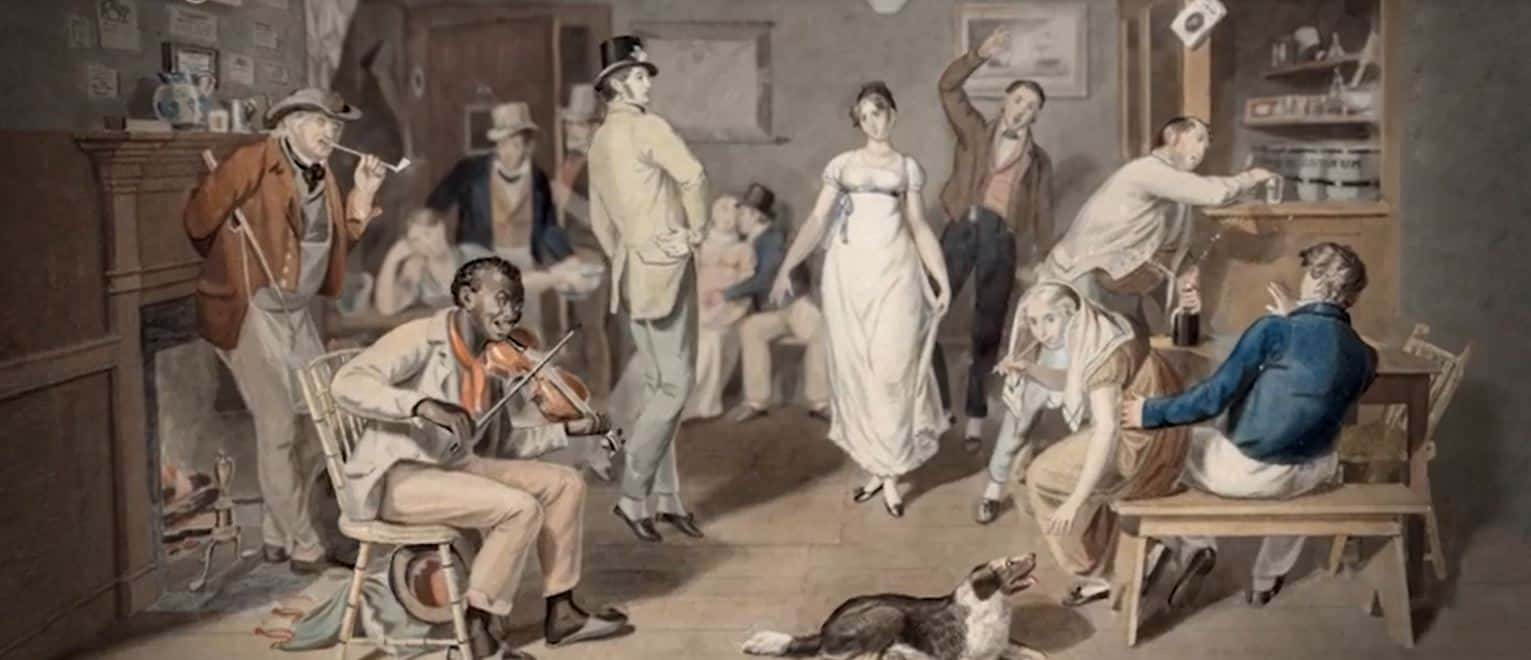
But this way of looking at the world, from bottom-up, was also interrupted by the twin traumas of the slave trade and colonialism. We get a glimpse of what could have been achieved in the tales of 'freed' Africans who survived. From the first and only free African town in the US called 'Africatown', to musical contributions like the banjo, blue grass music to square dancing.
It is incredible to realize that the banjo was a Black instrument before it was appropriated by Blackface minstrelsy shows in the 1820s-1830s, or know that the "Southern cuisine" that is becomng so popular in the US is rooted in Gullah cuisine, that for the longest time was known as the poor man's food or slave food.
It is another revelation when we come to know that vegetables like okra, some grains like rice, root vegetables and peas all came from seeds grown by West Africans in the New World with seeds hidden in their hair.
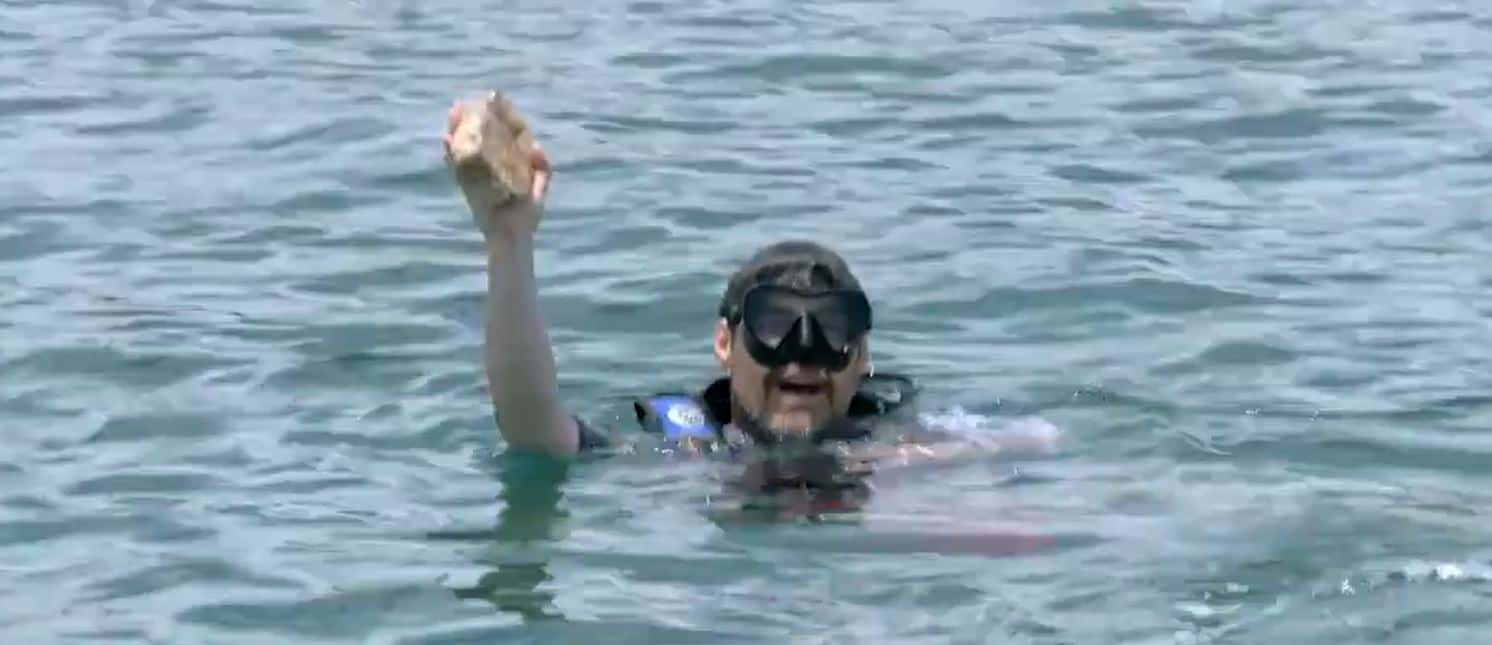
We are also shown that intermingling of cultures didn't necessarily have to be violent (like it was between the Blacks and the Whites). The 'legends' of the Bribri people of Costa Rica who were believed to have descended from Mayans and indigenous to the area, have a bit of Africa in them. When the divers reach a Bribri village on the coast, they learn that their oral traditions talk of African ancestors who found their way here, from wrecked ships.
The native Bribri people took in these stranded Africans, far from home, and gave them a new home by making them part of their tribe. However, these stories are word of mouth tales, handed down over generations with no way to confirm the truth.
But the divers decide to help the young amateur divers of the tribe to figure out if the legends are actually true and if they truly do have African ancestors, as their oral traditions affirm. It is exhilarating when they find the wrecked, sunken Danish ships off the coast (from which the Africans escaped), confirming what was only conjecture till then — two civilizations met and intermingled harmoniously, without the bloodshed or trauma.
The next episode of 'Enslaved', Episode 5, airs on October 12 at 10/9c on Epix.



